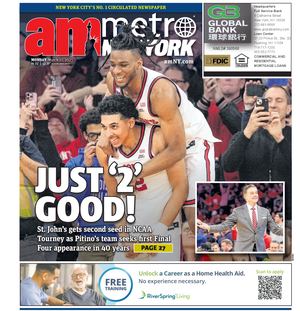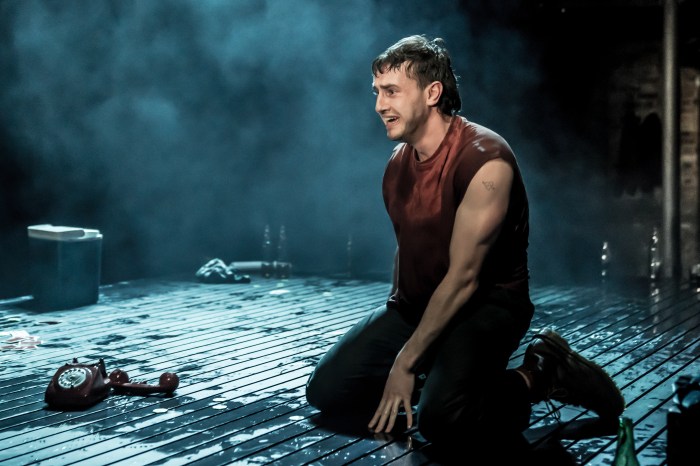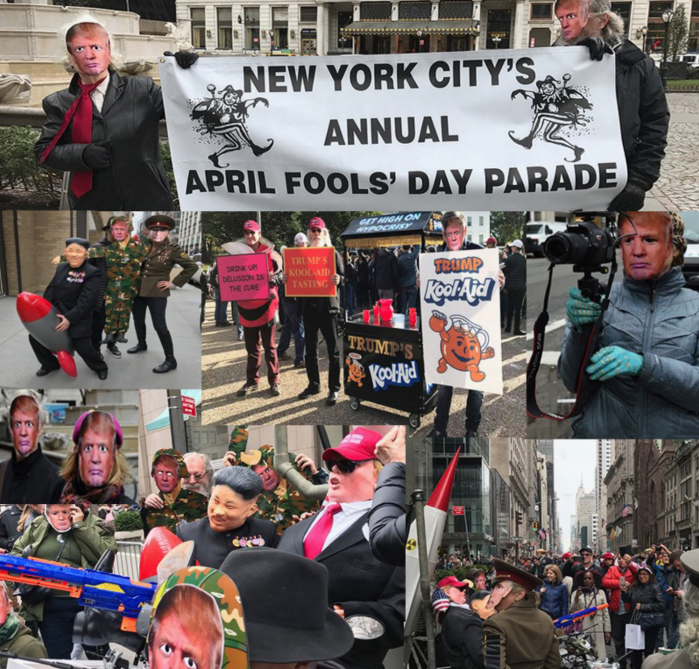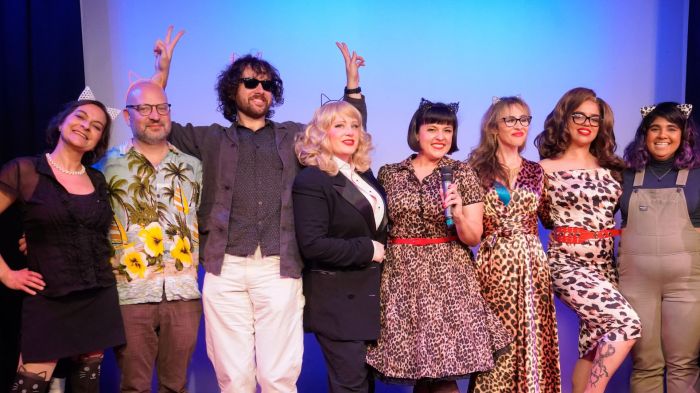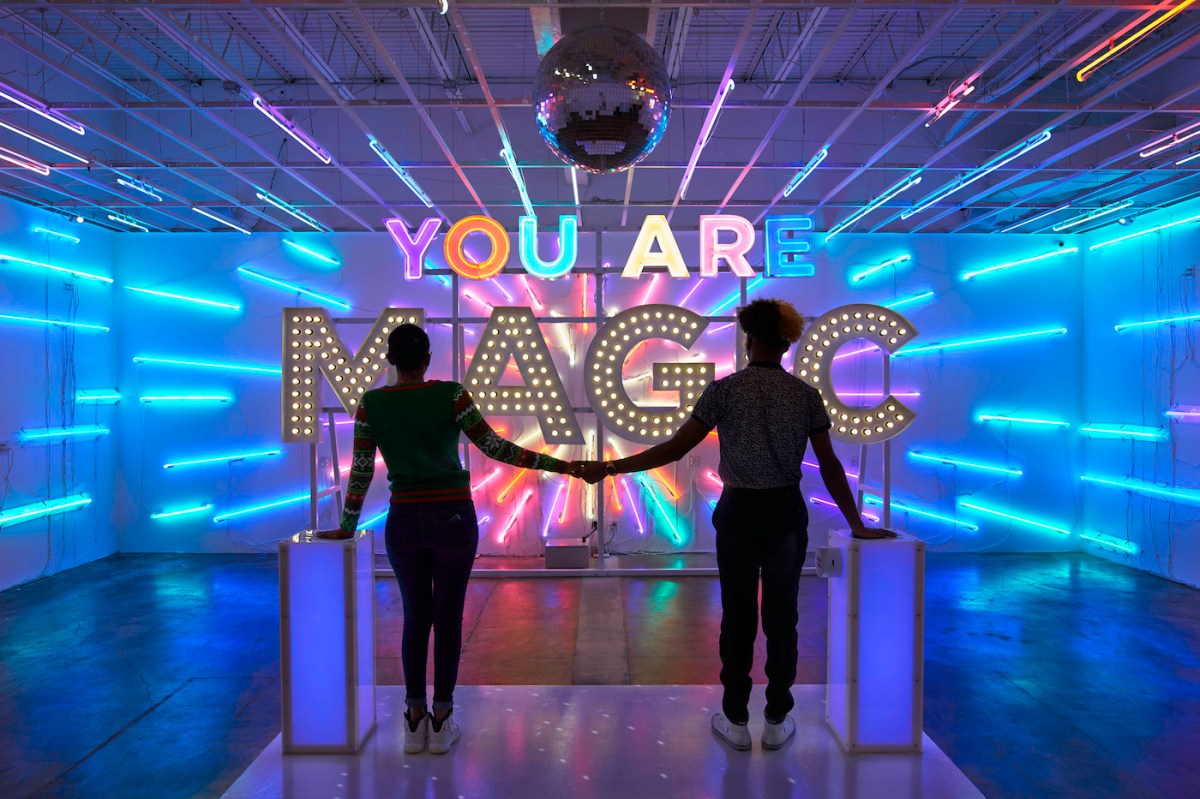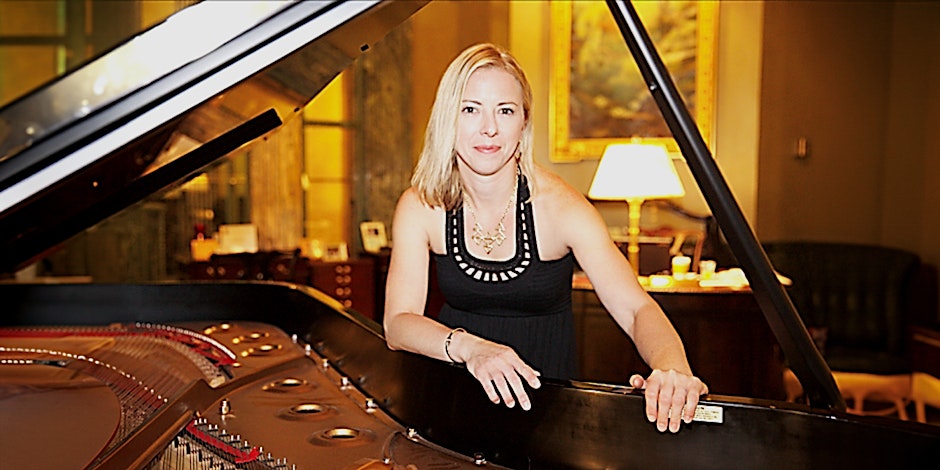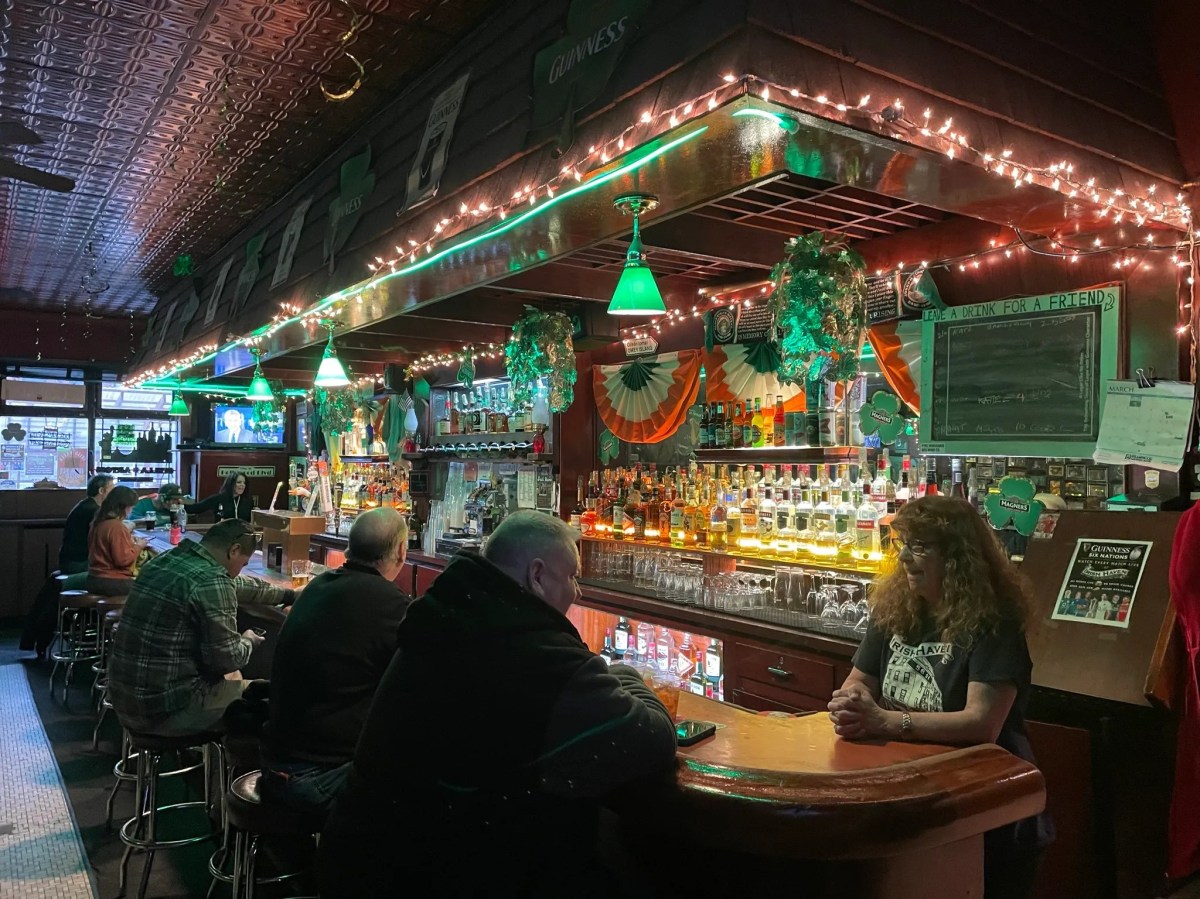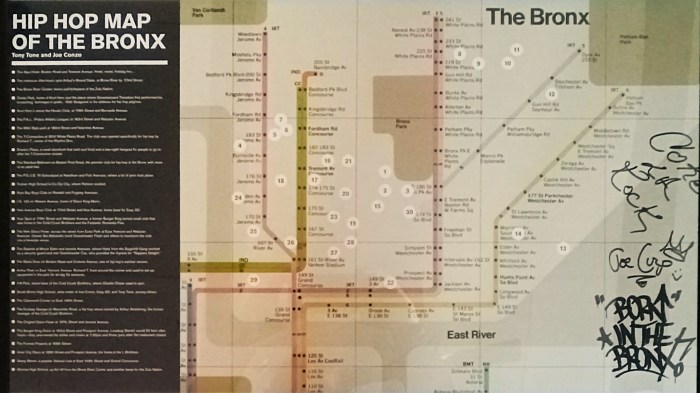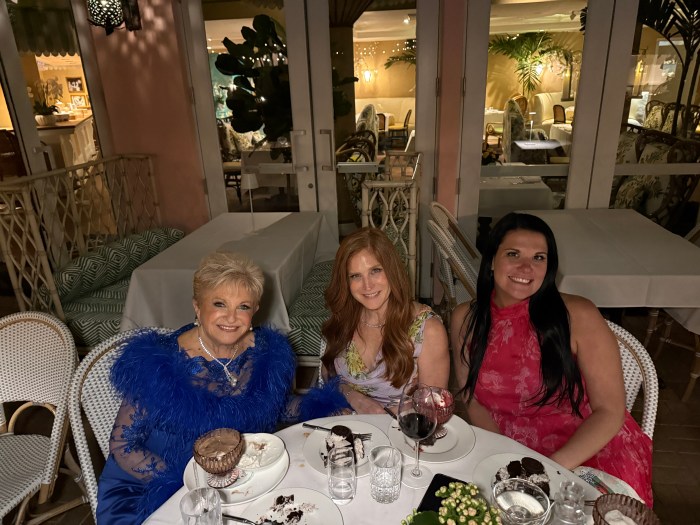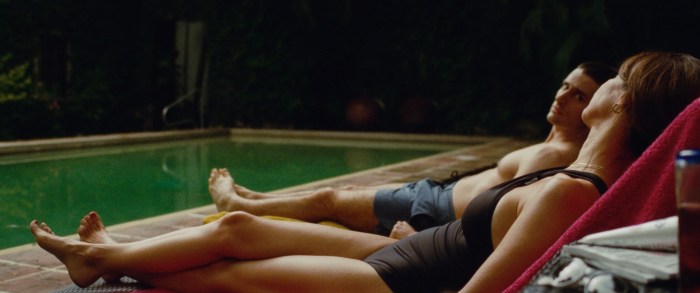If there’s anything Ryan Murphy knows how to do, it is how to capture a specific time. In “The Assassination of Gianni Versace: American Crime Story,” he focuses on the Italian designer’s murder in 1997 and the years leading up to it. Murphy takes the sensational ripped-from-the-headlines crime, like he did with “The People v. O.J. Simpson,” and broadens it to explore the prejudices surrounding the LGBTQ community and the emotional underpinnings of the AIDS crisis.
“New Girl” actor Max Greenfield plays Ronnie, a man who represents the fear many in the community lived with during the period, if not because of the virus, then of the lives they had to hide in plain sight. Ronnie is unknowingly tangled into the series of events when he meets killer Andrew Cunanan (Darren Criss) and forms a brief kinship.
amNewYork spoke with Greenfield about slipping into Ryan Murphy’s world for season two of “American Crime Story.”
You previously worked with Ryan Murphy on “American Horror Story.” What was it like to be directed by him again?
Ryan knows what he wants and is specific in the sense that he’ll give you a lot of room to explore and play with it. He’s very honest if you’re doing something he doesn’t like and you sort of have to be OK with that. You’re constantly making adjustments off notes, so I don’t think I’ve enjoyed working with someone as much as I’ve enjoyed working with Ryan, ever.
So you were given freedom to create texture for Ronnie, even though he’s not a fictional character?
Yeah, totally. In the period of time it was two years after they figured out the correct medication to treat HIV, so you have all these people who were affected by this disease, many of whom had accepted their own fate, and had for quite some time and were waiting to die. And then there was this treatment, and you saw patients that were extraordinarily sick better within 30 days.
Gianni was one of those characters who had sort of given up on life and was then given a new lease. It was a complicated time for a lot of people. I know, specifically, that’s what I tried to focus on [with Ronnie]. So when he meets Andrew there’s a friendship. For somebody who is so completely on their own in Miami, living minute by minute, still confused and bewildered by everything that has happened over the past 15 years, to find any sort of friendship, was so important for him. He didn’t want to believe Andrew could’ve done something very harmful.
For the generation that’s coming up now, that period seems unfathomable. How did you tackle playing that specific window of time?
I did a lot of research. I do have some recollection, but certainly not to the degree that was necessary to understand it. I’m not sure I do now. You talk to people who were around during that time, specifically those in the LGBT community. The documentary “How to Survive a Plague” really tackles it well. Imagining these very human feelings is so overwhelming.
Gianni Versace is a brand to a lot of people. This story humanizes the designer. With that in mind, were you surprised by how this story unfolds?
Yeah, I didn’t know much about it. I was 17 years old at the time, so it was a headline for me. “Oh my gosh, Gianni Versace was murdered? I can’t believe that!” And then you go to school the next day. I didn’t know Andrew’s back story and that this was one of five murders [he committed] or how deep it went.
What was the most gratifying thing about playing this character?
It was being a part of this story and the creation of Ryan’s world. Some of the things that this series talks about are really important issues. It’s hard for people to digest but I think it’s an important series. He’s not afraid to speak up and create content that addresses issues that people find uncomfortable.
